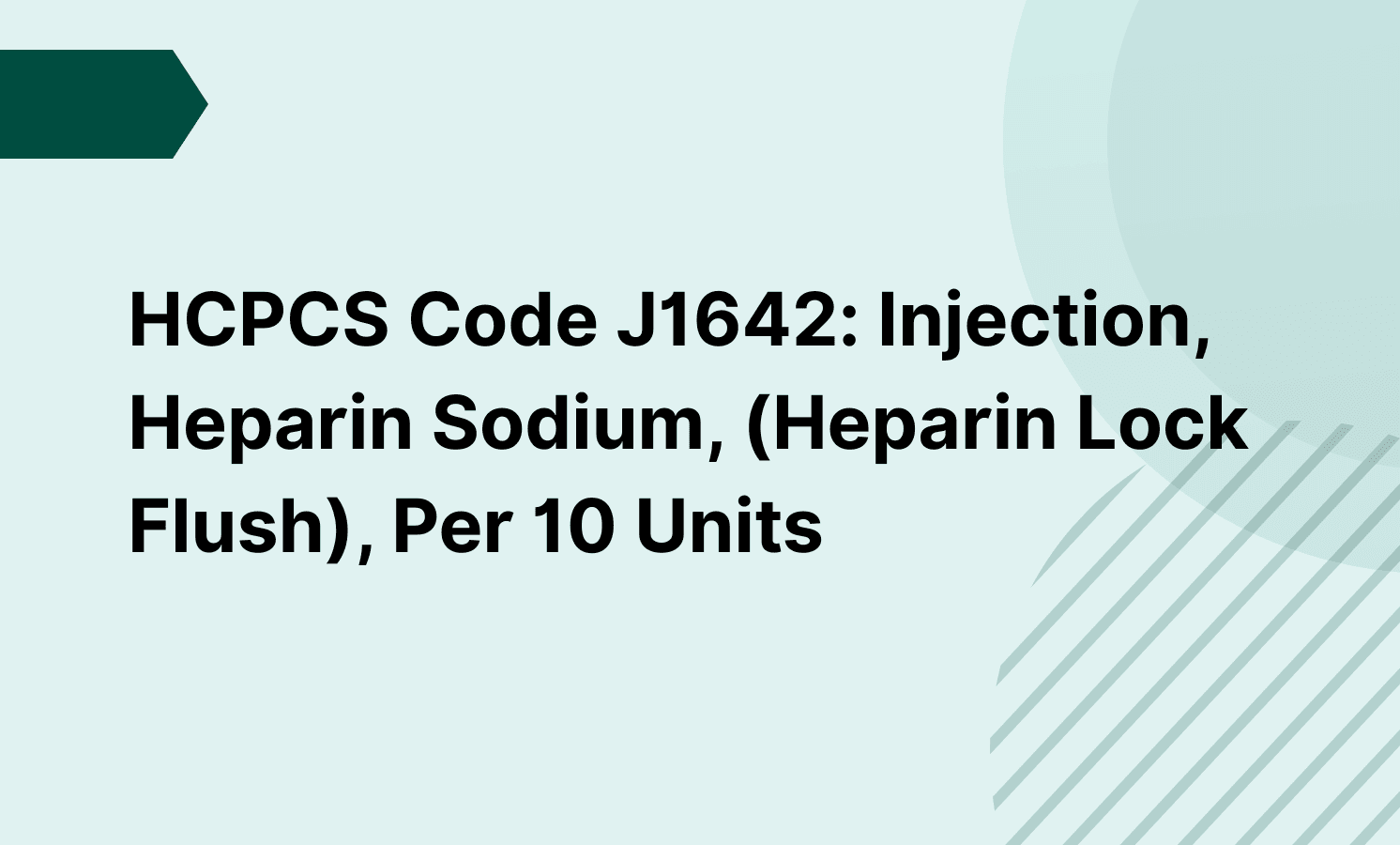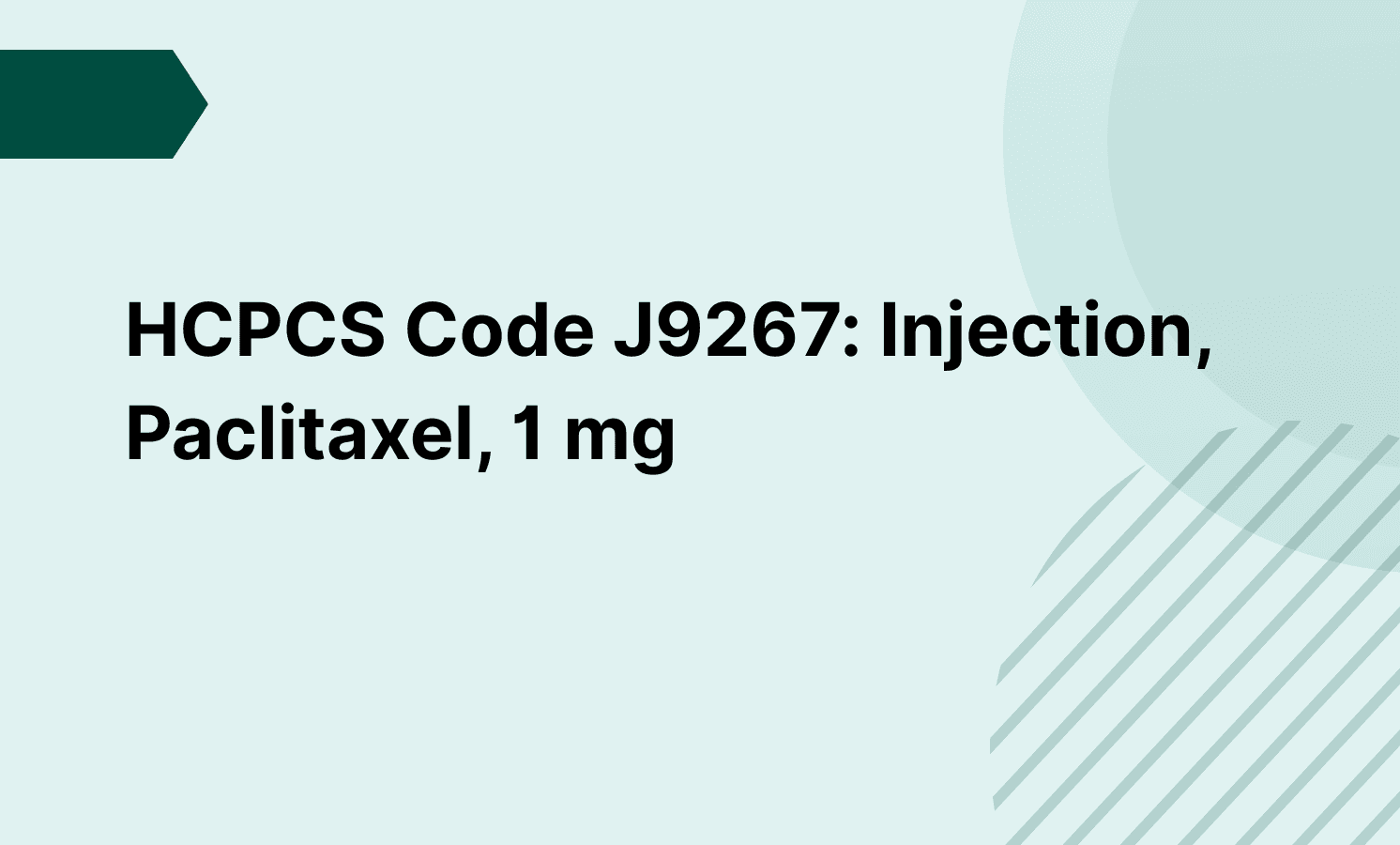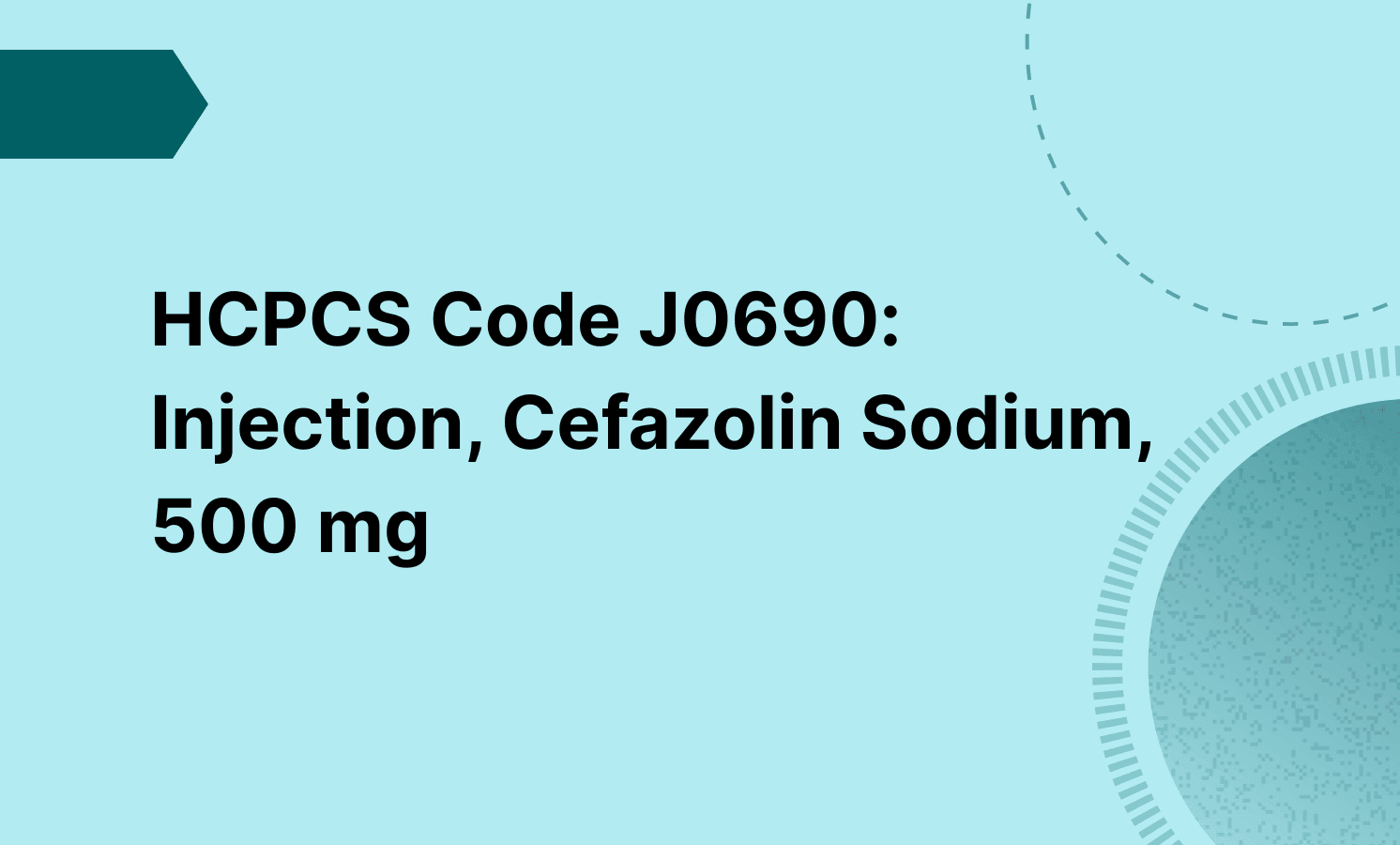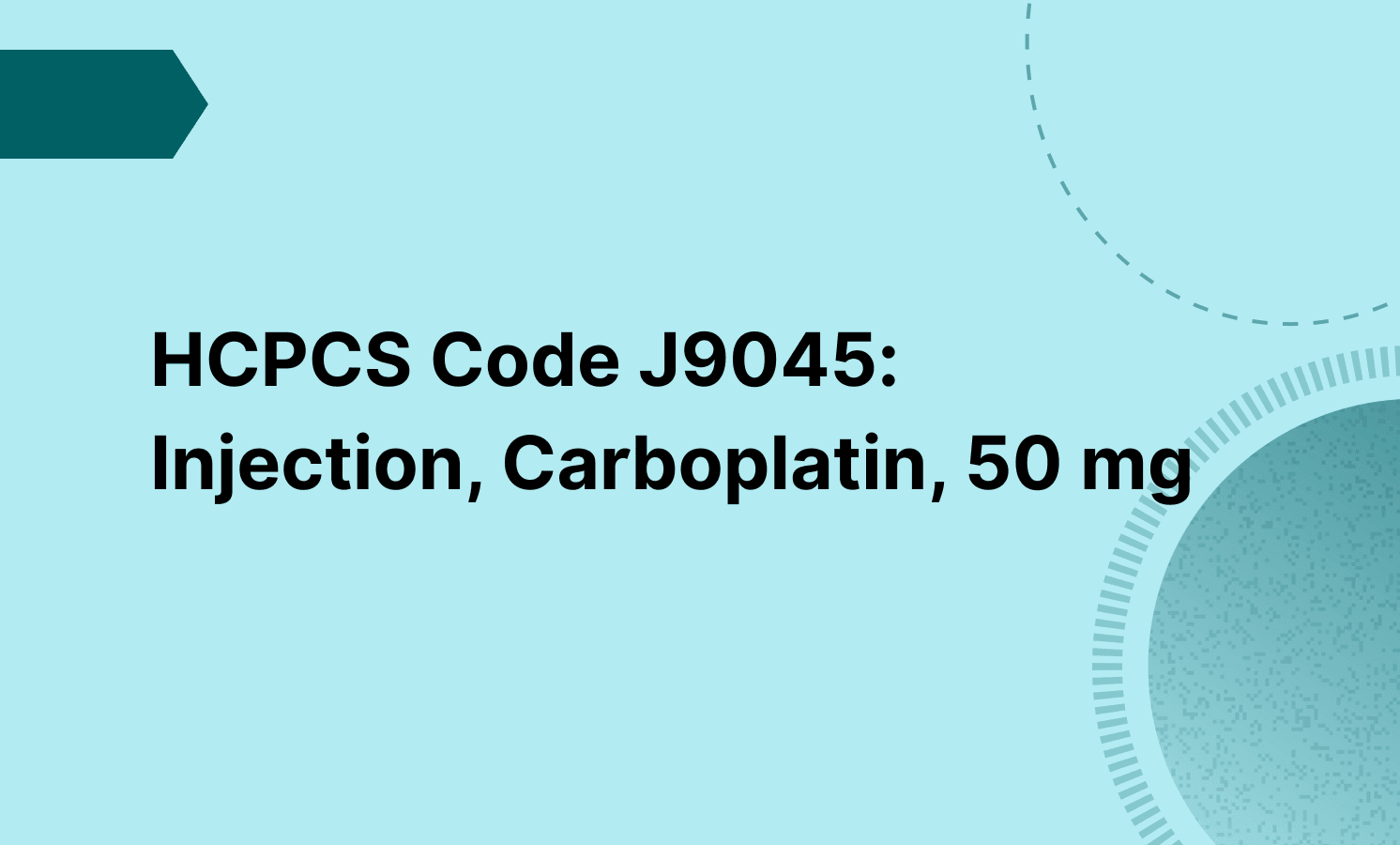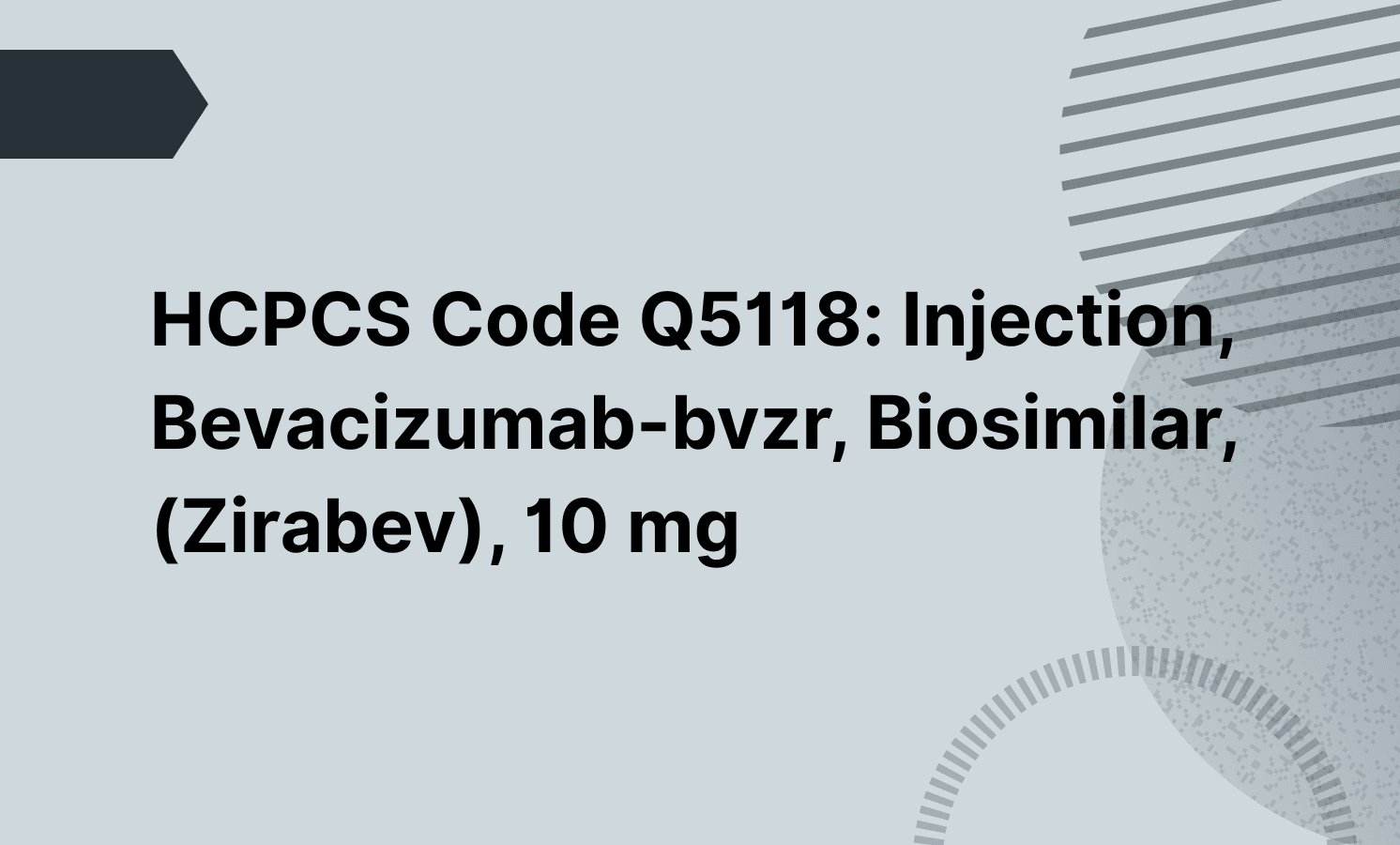CPT code 99291 is used for billing the first 30 to 74 minutes of direct critical care evaluation and management of a critically ill or injured patient. For service time less than 30 minutes, use a different E/M code.
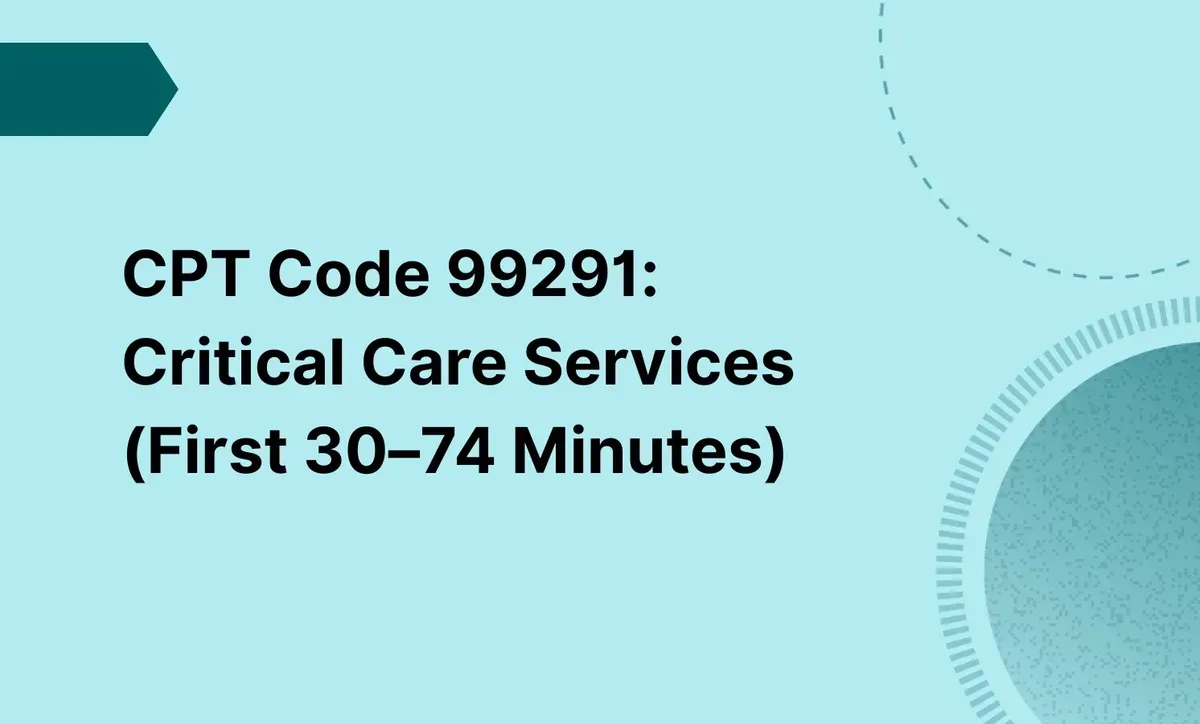
CPT Code 99291: Critical Care Services (First 30–74 Minutes)
Read our guide to CPT Code 99291 for critical care services (first 30–74 minutes), including documentation guidelines, billing tips, and associated codes.
Frequently asked questions
To answer, Medicare now follows the CPT definition of critical care, which includes treating a critically ill or injured patient with acute failure of one or more vital organs and a high risk of rapid, life‑threatening decline, as well as engaging in complex decision‑making to manage organ failures and prevent further deterioration.
The only time counted toward critical care is the work directly tied to an individual patient’s management, whether at the bedside or elsewhere on the unit—this includes reviewing results, coordinating with staff, charting, and, when the patient lacks capacity, discussing care with family or surrogates. Activities off the unit (like phone calls from home or office) or tasks unrelated to that patient’s treatment (such as administrative meetings or calls about other patients) cannot be billed as critical care. Any time spent performing separately reportable procedures or services must also be excluded from critical care time.
EHR and practice management software
Get started for free
*No credit card required
Free
$0/usd
Unlimited clients
Telehealth
1GB of storage
Client portal text
Automated billing and online payments

